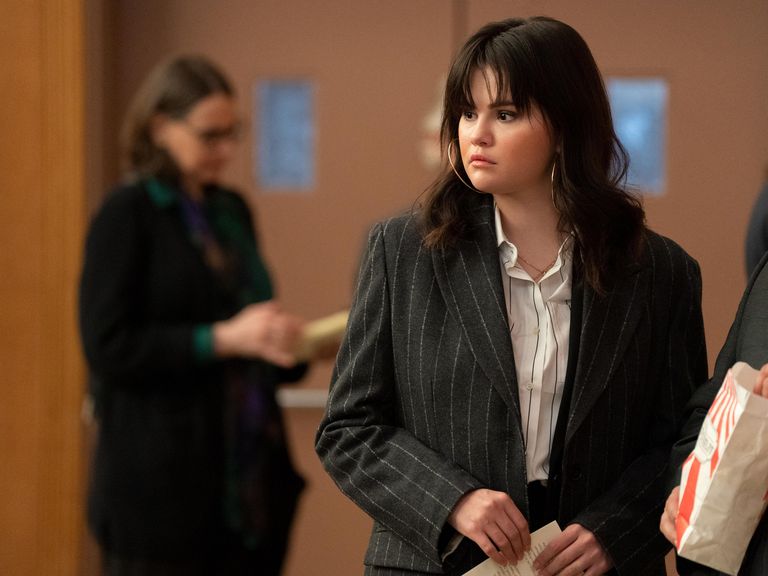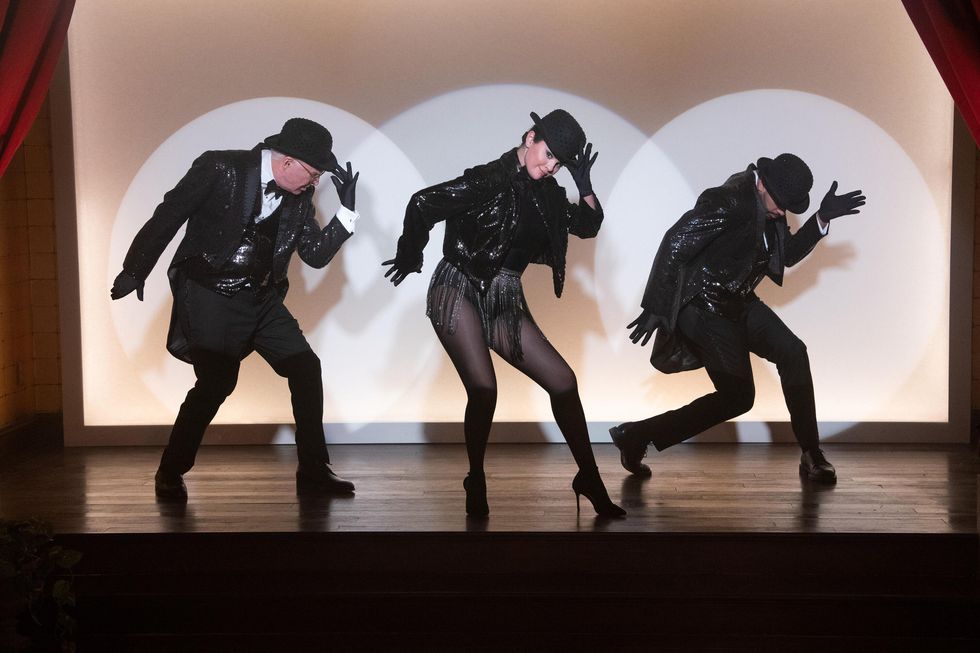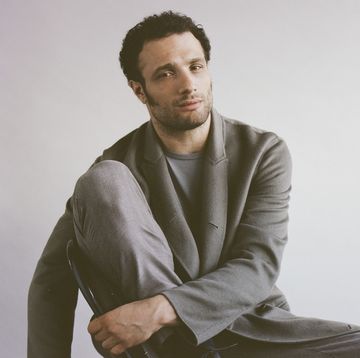What do travelling, negronis and true crime podcasts have in common? Your potential matches on the apps – future partners, perhaps! – have been singing their praises for the last decade. Sam would love to travel more this year (have you heard of Japan?). Alex’s drink of choice? Negronis, d’uh! And, Matt, 29, consultant, muses: Is there anything better than falling asleep on a Sunday to the sound of a highly-detailed, well-researched hour about the horrific, unsolved death of a 13-year-old in rural America decades ago?
All those are valid interests, and who among us has not listed an anodyne character trait in the hopes of seeming approachable, though on a scale of liking Campari-based drinks to holding an obsessive interest in murder, perhaps the latter ought to give us some pause for thought. If it feels like you cannot escape true crime, it is probably because you can’t: it bleeds into television, film, books, video games, and has done for some time. Serial, the investigative podcast hosted by Sarah Koenig about the 1999 murder of Hae Min Lee, debuted in 2014. I remember, and I’m sure you do, the hysteria around that first season, as all your friends (even the classy ones!) became obsessed about a decades-old case. True crime was not new, nor was serialisation, but Serial was popular (300 million downloads) and sophisticated. It won a Peabody; Koenig emerged as a reassuring, articulate presence.
According to a recent study by the Pew Research Center, true crime is the most popular topic among the top-ranked podcasts. Around 34% of American adults who have listened to a podcast in the past year listen to podcasts about true crime (the split between men and women is 24% vs. 44%, surprising no one in the publishing industry, which has long relied on the crime fiction’s appeal to women). Even if you believe yourself immune, as I did, you may need to reflect: writing this, I remembered that I regularly rewatch David Fincher’s Zodiac. It simply has a cosy, propulsive appeal.
And yet, and yet, a gnawing feeling: the genre’s icky glorification of killers in expense of the victims, the idea that some things ought to be left alone rather than picked over, a sense that listening to hours and hours of stories about murder might… not be great for us. When the grotesque, compelling Dahmer – Monster: The Jeffrey Dahmer Story became Netflix’s second most-watched English-language series of all time last year, surely many of us questioned our tastes for the homicidal.
Here’s a remedy: Only Murders In The Building, which is about to debut its third season. The Disney+ show has a simple premise: seasoned actor Charles-Haden Savage (played by Steve Martin), luvvie director Oliver Putnam (Martin Short) and sullen twentysomething Mabel (Selena Gomez) all live in in a lush Upper West Side building, where people keep getting killed. How irritating! After the death of Mabel’s childhood friend, they start a podcast called “Only Murders in The Building”. The trio’s detective skills are about as good as their podcasting abilities: always room for improvement! But what is undeniable is their zest, and some may call it obsession, for all things true crime.
Co-created by Martin and John Hoffman, the series is obsessed with the genre, even if the cases are not based on true stories. Our three heroes all listen to a fictional podcast, “All Is Not OK in Oklahoma”, about the murder of a small-town girl, hosted by Cinda Canning (played by Tina Fey, at her imperious best). With an overarching mystery told in weekly instalments, the show’s pace mirrors a weekly podcast. And its voiceovers from Short, Martin and Gomez, which muse on life, death, and everything in-between, echo that sprawling podcast narration. None of these characteristics are novel, of course, but the subject matter provides them with a meta sheen. Alongside its starry guest-list (this season, somehow, has Meryl Streep and Paul Rudd), it delivers all the thrill of a murder podcast with none of the guilt.
Murders thrives when the central trio attempt to solve the murders as though they are podcasters, not detectives: with a nose for plot, rather than logic; pausing to record mid-breakthroughs; staging elaborate scenes to acquire simple truths. The stuff around the bloodshed is so much more interesting than the actual bloodshed.
In the first episode of the latest season, after, yes, another murder has apparently occurred, our hosts are going through the motions at a particularly bleak party. Everyone displays sadness, but actually, isn’t this a good thing? There is a reason for another season, to get the whole gang together. And with the showiness of this particular death, the podcast has the potential to be more popular than ever. It is a strange thing to view life (or, in this case, death) as content, but it is all too easy to relate to, especially for podcast fans. Murders never really goes so far as to lampoon the genre altogether (and it doesn’t need to) but it may reach a more intriguing, and certainly more entertaining, outcome: laying bare our addiction to true crime and offering a gentler fix.
The first two episodes of ‘Only Murders in the Building’ are available to watch on Disney+ on August 8, and new episodes air weekly
Henry Wong is a senior culture writer at Esquire, working across digital and print. He covers film, television, books, and art for the magazine, and also writes profiles.














